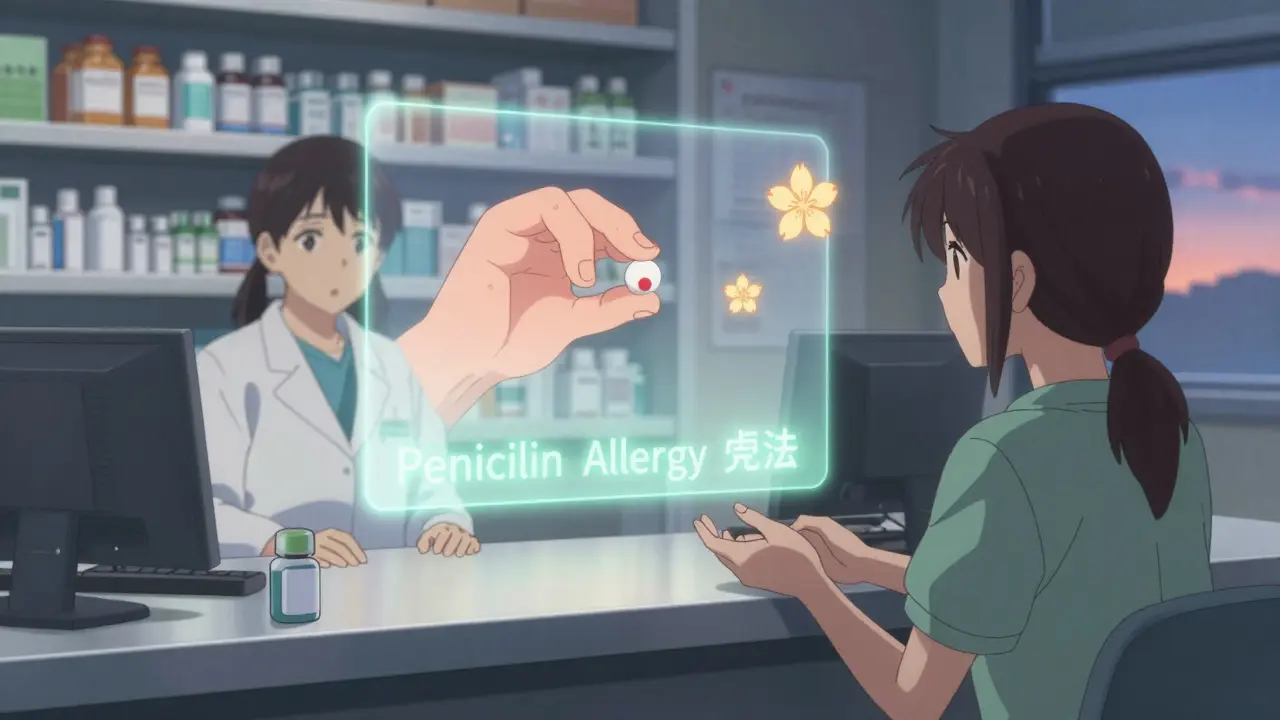Welcome to Bodyweight Fitting – Your Go‑to for Weight‑Based Medication Guides
Ever wonder why the same pill works differently for you and a friend? It often comes down to body weight and individual health factors. Here you’ll find easy‑to‑read guides that break down how weight influences dosing, side effects, and effectiveness for a wide range of medications and supplements.
What We Offer
We cover everything from antibiotics and antidepressants to popular supplements like astragalus. Each article includes plain‑language dosing charts, key warnings, and a quick look at common drug interactions. Want to know if a supplement is safe for you? Our evidence‑based reviews give you the facts without the hype.
How to Use Our Tools
Our dosage calculators let you plug in your weight and get a personalized dose range in seconds. The interaction alerts highlight any red flags when you add a new drug or supplement. All the info is for education only – always check with a healthcare professional before making changes.
Explore our categories, try the calculators, and take control of your health with clear, reliable guidance designed for everyday people.
- January 30 2026
- 0 Comments
- Daryl Gardner
Liquid vs. Tablet Medications for Children: What to Choose in 2026
Choosing between liquid and tablet medications for children isn't just about convenience - it's about safety, taste, and long-term adherence. Learn when tablets are better, how to teach kids to swallow them, and why the medical world is shifting away from liquids.
- January 29 2026
- 1 Comments
- Daryl Gardner
When to Report Rare Side Effects from Generic Medications
Learn when and how to report rare side effects from generic medications. Understand FDA guidelines, what counts as serious, and how your report can help prevent harm to others.
- January 28 2026
- 2 Comments
- Daryl Gardner
Crohn’s Disease: Managing Chronic Inflammation with Biologic Therapy
Crohn’s disease causes chronic gut inflammation, but biologic therapies like anti-TNF drugs, vedolizumab, and ustekinumab now offer targeted, effective control. Learn how they work, which is right for you, and how to manage side effects and costs.
- January 26 2026
- 3 Comments
- Daryl Gardner
How Bioequivalence Studies Are Conducted: Step-by-Step Process
Bioequivalence studies ensure generic drugs work the same as brand-name versions by measuring how much and how fast the active ingredient enters the bloodstream. This step-by-step process involves controlled trials, blood sampling, and strict statistical criteria.
- January 26 2026
- 3 Comments
- Daryl Gardner
SGLT2 Inhibitors in Type 2 Diabetes: How They Protect Heart and Kidneys
SGLT2 inhibitors like empagliflozin and dapagliflozin now offer proven heart and kidney protection for people with type 2 diabetes, shifting treatment from glucose control to organ preservation. Learn how they work, who benefits most, and what risks to watch for.
- January 24 2026
- 6 Comments
- Daryl Gardner
Blood Pressure Medication Safety in Older Adults: How to Reduce Orthostatic Hypotension Risks
Many older adults on blood pressure meds experience dizziness when standing due to orthostatic hypotension. Learn which medications are safest, how to reduce risks without stopping treatment, and practical steps to prevent falls.
- January 23 2026
- 5 Comments
- Daryl Gardner
Statin-Induced Muscle Pain: Understanding Myalgia and Myositis
Statin-induced muscle pain isn't just a side effect-it's a real condition called myopathy. Learn the difference between common myalgia and dangerous myositis, what causes it, how to diagnose it, and what treatments actually work.
- January 21 2026
- 8 Comments
- Daryl Gardner
Pain Neuroscience Education: How Understanding Your Brain Can Change Your Pain
Pain neuroscience education helps people with chronic pain understand that pain is not always a sign of damage - but a protective response from the brain. Learn how this science-backed approach changes pain perception and improves function.
- January 20 2026
- 0 Comments
- Daryl Gardner
How to Read Pharmacy Allergy Alerts and What They Mean
Learn how to interpret pharmacy allergy alerts correctly, why most are false, and what steps you can take to avoid unnecessary drug restrictions. Understand the difference between true allergies and side effects.
- January 19 2026
- 9 Comments
- Daryl Gardner
Ephedrine and MAO Inhibitors: Why This Drug Combo Can Kill You
Combining ephedrine and MAO inhibitors can cause a sudden, life-threatening spike in blood pressure. This interaction has led to strokes, brain bleeds, and deaths. Learn why it's deadly and how to avoid it.
- January 18 2026
- 12 Comments
- Daryl Gardner
How to Manage Mild Side Effects Without Stopping a Medication
Learn how to handle common mild side effects like nausea, dry mouth, and fatigue without stopping your medication. Evidence-based tips from clinical studies and real patient experiences to improve adherence and avoid unnecessary drug changes.
- January 16 2026
- 8 Comments
- Daryl Gardner
Antihistamines and Glaucoma: Why Certain Allergy Medications Can Cause Sudden Vision Loss
Certain allergy medications like Benadryl can trigger sudden vision loss in people with narrow-angle glaucoma. Learn which drugs are risky, what to take instead, and how to protect your sight.
- Health & Medicine (130)
- Health & Nutrition (8)
- Caregiving & Dementia (2)
- Health & Wellness (2)
- Environment & Climate (1)
Categories
- January 2026 (24)
- December 2025 (27)
- November 2025 (22)
- October 2025 (27)
- September 2025 (38)
- August 2025 (5)
- July 2025 (4)
Archives
- side effects
- generic drugs
- medication safety
- medication side effects
- dosage
- online pharmacy
- gut health
- medication adherence
- generic substitution
- safety and side effects
- natural antioxidant
- coping strategies
- hypertension
- immunosuppressants
- mental health
- MedWatch
- drug safety
- NTI drugs
- narrow therapeutic index
- poison control











